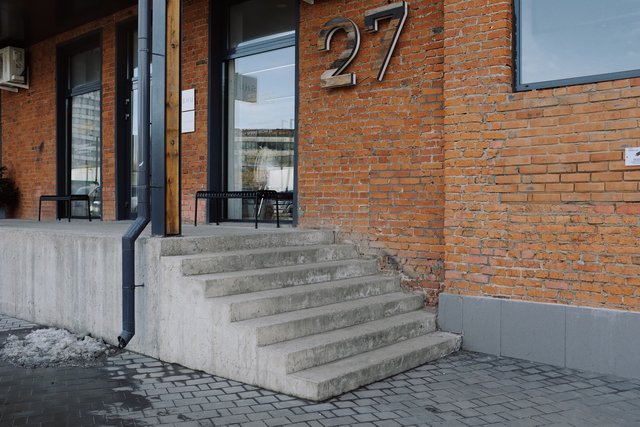
Every time a toilet is flushed, liquid waste of varying chemical makeup is carried through the sewer systems to be transported and treated. Ideally, sewer systems are gravity-fed systems that transport waste from the source to the “sewer main”, and eventually, the wastewater treatment plant. However, along the way, sewer lines could also clog, which impede the sewer system’s ability to do its job. Let’s look at common reasons why sewer lines clog and how to deal with them.
1. Clogged Sewer Lines
 Different conditions can cause clogged sewer lines. In older homes, sewer lines clog when tree roots fit in through cracks. Since there are many nutrients in the sewer lines, the roots can eventually grow to block the sewer line.
Different conditions can cause clogged sewer lines. In older homes, sewer lines clog when tree roots fit in through cracks. Since there are many nutrients in the sewer lines, the roots can eventually grow to block the sewer line.
Sewer lines can also clog if they become overwhelmed with household objects in them. A small amount might not initially make a difference. However, eventually, the objects could accumulate. For example, if a toddler repeatedly flushes down toys or loose material like paper towels, the sewer lines will clog.
2. Symptoms of a Clogged Sewer Line
Here are a few common signs of a clogged sewer line:
- Drain running slowly: This is a classic sign that your sewer line is clogged. If you’ve tried to clear all the drains in your house, but they’re still running slowly, the most likely culprit is the sewer line.
- Flushing problems: If your sewer line is clogged, the water can’t drain. A warning sign is when you flush, and the water comes back up, or it comes up somewhere else, like the tub.
- Bubbles and gurgles: If you see bubbles and hear gurgles when you turn on the faucet of your sink, it’s usually a sign that your sewer line is clogged.
3. Unclog Sewer Line
If your sewer lines are unclogged, you should probably get in touch with a professional plumbing service to help you deal with this problem. Plumbers usually deal with clogged sewer lines in two ways:
- Snaking: Plumbers use a device called a sewer drain snake to clear a stoppage on the sewer main. The device is inserted into the sewer line until the plumber reaches and overcomes the blockage in the sewer system.
- Chemical drain cleaning: This is usually when tree roots have caused a blockage in the sewer line. Plumbers recommend flushing root killing substances like copper sulfate or herbicide dichlobenildown the toilet.
If there’s an issue with your sewer line, reach out to us at Pro Serve Plumbing. We’re experienced at bathroom plumbing and sewer line repair in Fort Worth.
We have experts who can deal with all types of issues in your sewer line and make recommendations on preventing such problems in the future. Call us now to request an appointment.
